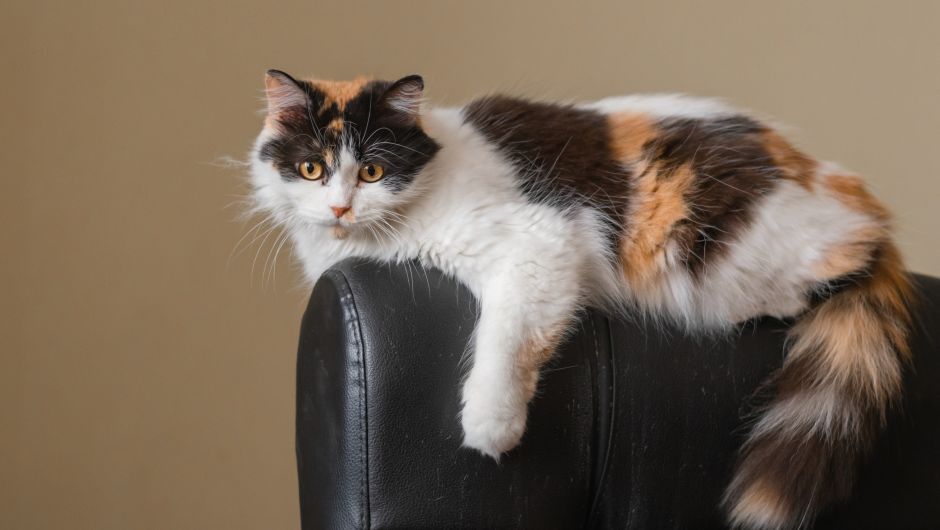What if the unthinkable happens?
While having lunch with attorney Greg Kaiser of the Wills, trusts, Probate and Elder Law Firm the other day, he asked me several questions and brought up a point that really struck home with me. Noting that during their lifetimes, people often take better care of their pets than their own family members, he asked why that should stop just because a pet owner becomes incapacitated or passes away, and who would take care of his or her loving pets? The answer, according to Mr. Kaiser, and I will quote him here, is that “it is quite simple and inexpensive to set up a Pet Trust to provide for the proper routine medical care, housing, food and overall well-being of your pet if you should die first.”
Looking into a pet trust and the laws governing them is important!
Realizing that I could have been asked those same questions by any of my clients, I decided to do some research and write about my findings. I discovered that nearly all states, including Florida, have laws on the books regarding Pet Trusts. Pet owners will need an attorney to set up the trust and guide them through various important decisions regarding their wishes for the long-term care of their pets.
Choosing the right person or organization to care for your pet when you can’t
Choosing who will be the caregiver for your pets is important, but equally vital is choosing alternate caregivers in case something happens to your first choice. It is prudent to separate the function of pet care from the management of the resources by having one person to be the trustee and another be the caregiver. A further check and balance can be incorporated by appointing a third person as the trust protector.
The pet caregiver can be a person or organization (such as Donte’s Den in the Sarasota/Manatee region) that will provide the day-to-day care of the pet in a manner that can be clearly specified in the Pet Trust. Obviously, this all needs to be discussed in advance with the choice of primary and alternate caregivers. You also have the option of authorizing either the caregiver or the trustee to select a permanent home for your pet in the event that they become unable to provide lifetime care for your pet.
In a pet trust, there is a difference between a caregiver and a trustee
The trustee is the person who will have the responsibility of managing, investing and distributing the assets of the trust. This person should be a person other than the caregiver to avoid the possibility of a conflict of interest. The trust protector is a third person who has the power to enforce the trust and ensure the trust’s assets are properly spent for the benefit of the pets. The trust protector also may have the power to remove the original trustee in the event he or she mishandles the trust’s assets or otherwise violates their fiduciary responsibilities.
You will need to assess how much money will be necessary to provide for the pet according to your personal wishes for the continued standard of care you would like your pet to receive. Expenses related to diet, grooming, residence and veterinary care (including the possibility of unanticipated and potentially very expensive procedures), as well as fees and possible compensation for the caregiver, trustee and trust protector should all be considered. This may require discussions with a financial planner, as well as your attorney.
Consider claims and costs when it comes to a pet trust
Finally, you will want to avoid claims by heirs or other beneficiaries against your pet caregiver by including specific written instructions regarding your wishes for your pet’s care and the associated costs. You can do this by documenting the type of care you require for your pets along with the medical history and current service providers (veterinarian, groomer, pet sitter and others that you deem play an important role in the life of your pet) and having your attorney include this in the trust. This should include your wishes for euthanasia and handling of your pet’s remains after his or her death, as well.
I hope this has given you something to think about and perhaps has provided you with some guidance on how to answer when someone asks what will happen to your pets if you die. Our pets are cherished family members and really should be included in our estate-planning decisions.

